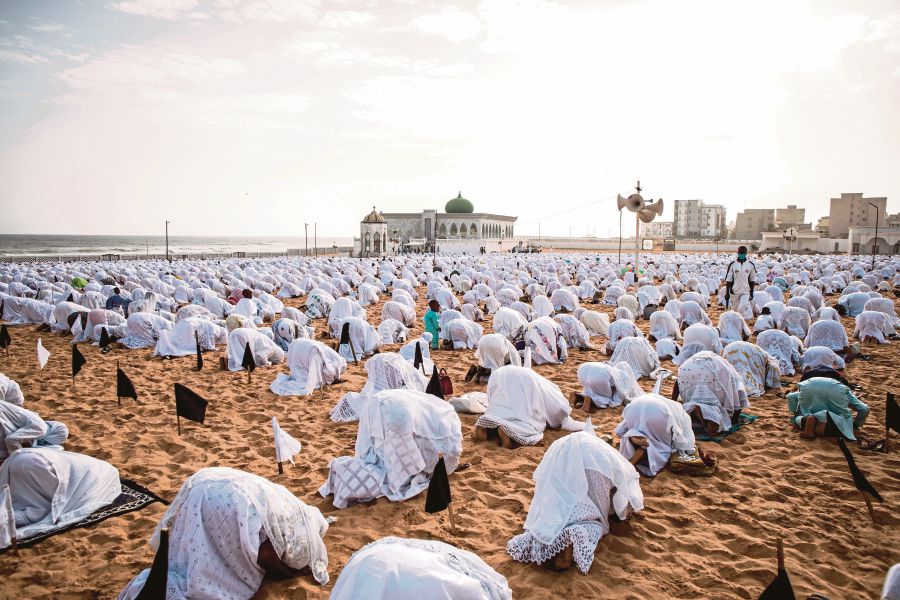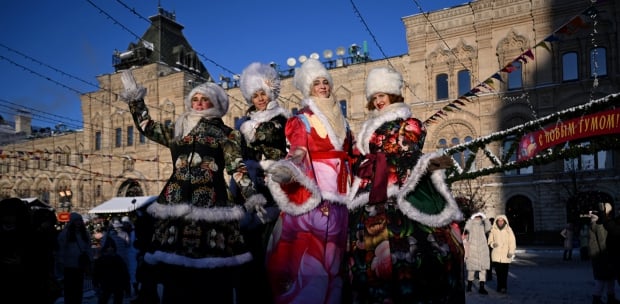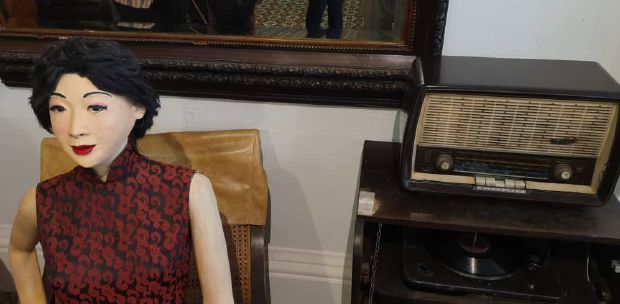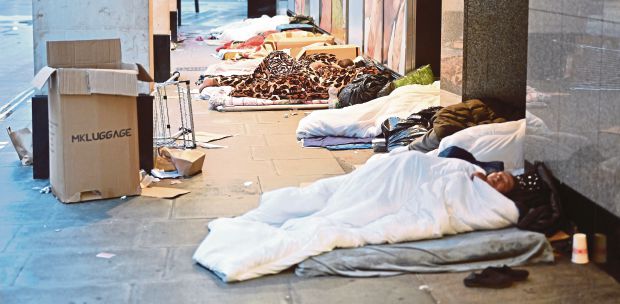AIDILFITRI has never been a big event in Senegal, overshadowed as it is by the Aidiladha sacrifices and the Magal Touba — another religious celebration which sees hundreds of thousands of Senegalese flock to the rural town of Touba, much like a pilgrimage of sorts.
Eid celebrations in this part of West Africa has always been a time for family. They don't do the open house concept that we Malaysians do, and which we miss so much this year.
Therefore, there was no need for the government to limit the number of guests that they could have in the house. Aidilfitri was certainly different in Senegal. When the government instituted a state of emergency, it also banned all interstate travel. Because of the exorbitant rentals in Dakar, many of those who commute between their rooms in the capital and the family homes out of town found themselves truly alone for the first time in their lives during Eid.
Weirder still was perhaps Ramadan. In a society where everyone jogged, played football, basketball or did some sort of sport outdoors, Ramadan would be the month when those 5pm/6pm sports activities would be delayed until 8pm. This year, however, because of the curfew from 8pm to 6am, many Senegalese found themselves housebound after their fast was done.
Many of the upper echelons of the country's society had made it a habit to have a very late supper at one of the restaurants, so families ended up unwittingly social distancing themselves from other families. For more than 20 years, one of my colleagues at the office has taken it upon himself to clean up his local mosque. Every month, except for Ramadan, he would rush home after office on Thursday to ensure that the mosque would be ready for the Friday prayers.
Every year in Ramadan, he would help clean up the mosque for night prayers. This year, when the state of emergency came into effect on March 18, for the first time in his adult life, my colleague had nowhere to go on a Thursday night, and no higher purpose to serve.
It took him one week when he finally decided that even if the mosques would not open, it still needed to be kept clean.
So every Thursday night, he would open the doors of his local mosque, perform his prayers alone, and then go about cleaning up the house of worship. When he told me this, I was reminded of the depiction of the cleaner praying alone in front of the Kaabah.
The new normal was not normal, but it suited them just fine. It was difficult for the president to convince the religious houses to not congregate, but he managed to do it for nearly two months. The final week of Ramadan arrived, and even the government had to admit defeat after much clamouring from the predominantly-devout Senegalese.
Measures were put in place so that each mosque would have to enforce social distancing. Depending on the size of the mosque, only a limited number of devotees would be allowed to enter. The trial run was set on May 15. Uniformed police were seen out in full force as devotees came, sanitising their hands, and taking their place on prayer mats placed 1.5 metres apart.
Those who could not enter spread out into the courtyard and beyond, determined to perform their first Friday prayers in almost two months. It was amazingly orderly. By the time Aidilfitri arrived, many were "old hands" at performing social-distancing prayers.
Strict adherence to health requirements did not stop many Senegalese from performing their prayers in this post-Covid world. For a country that has always had large congregations for almost every prayer, this level of restraint and commitment to their fellow men is truly remarkable.
The writer is a foreign service officer, who writes on international affairs with particular emphasis on Africa






